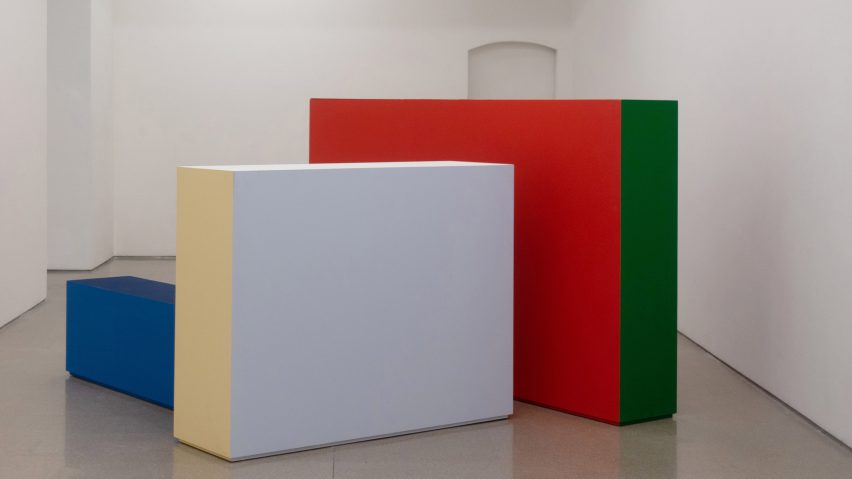
Humans "unlikely to survive this century" without radical changes to housing says Jack Self
Designing a new housing model for the masses is the most urgent task facing architects today says Jack Self, who has co-curated an exhibition looking at the data behind today's average home.
Mean Home, on show recently in the British School at Rome, presented visions for homes in the UK and Italy, based on statistical averages "in spatial, financial, social, cultural and material terms".
The message behind the project is that architects need to focus more attention on designing housing models that can be scaled up and copied, rather than one-off homes for the wealthy.
"Most human societies are unlikely to survive this century unless they radically rethink how and where they live," said architect and theorist Self.

"Housing is an urgent task. It holds all the keys to ecological sustainability, redressing economic inequality, and creating inclusive, democratic societies," he continued. "It is within the house that ownership, environment, and technology converge. Equally, education, autonomy and wealth all begin at home."
"For this reason, we must find new ways to tackle the commonplace domestic, design a new ordinary, and thus reconfigure everyday life."
Cultural exchange essential to progress
The exhibition took the form of an exchange.
The REAL Foundation – the London-based architecture think tank led by Self – developed the vision for an average Italian home, while Milanese studio Fosbury Architecture explored the British home.
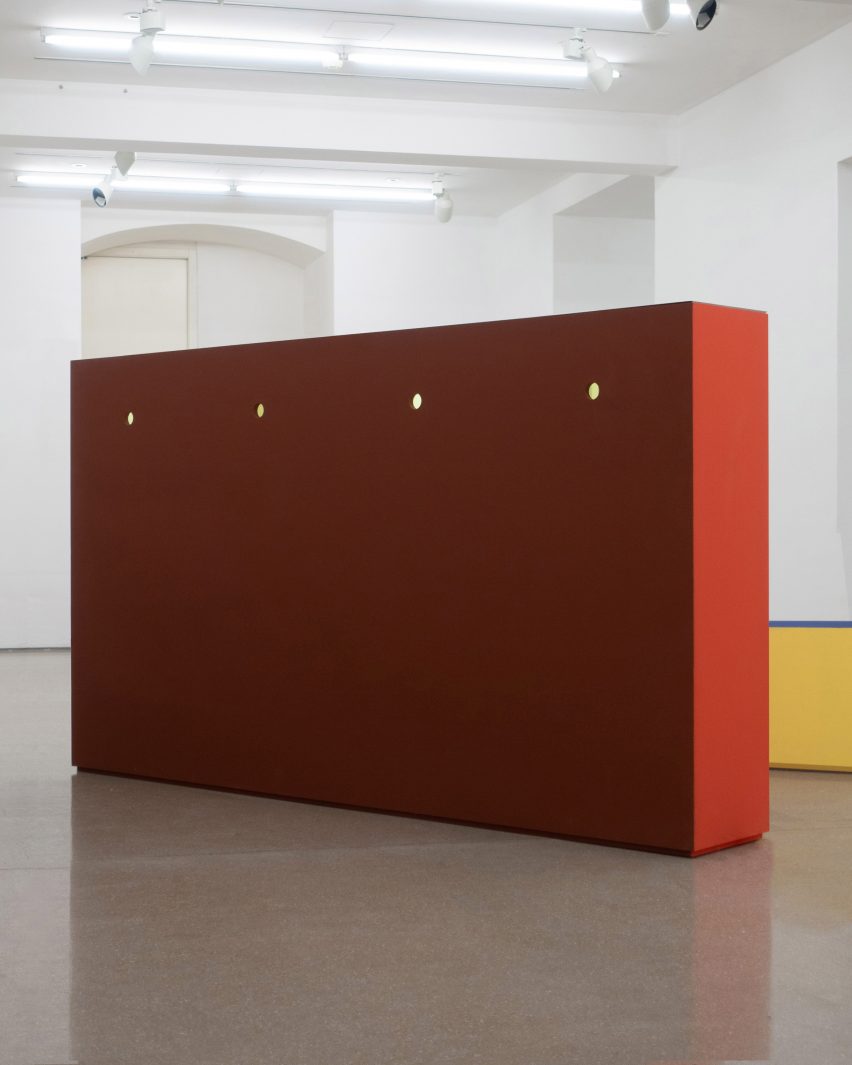
These visions look closely at the architectural details that have been celebrated in history, from the dome of Andrea Palladio's Villa Rotonda to high-tech elements of the work of Norman Foster and Richard Rogers.
They also identify details that respond to subtle differences in culture. For instance, in Italy it is more common for children to stay in the family home after they become adults. So bedrooms are usually kept apart, to give them the privacy they seek in adolescence.
According to Self, cultural exchange and collaboration are crucial in creating homes that are appropriate for today's global population.
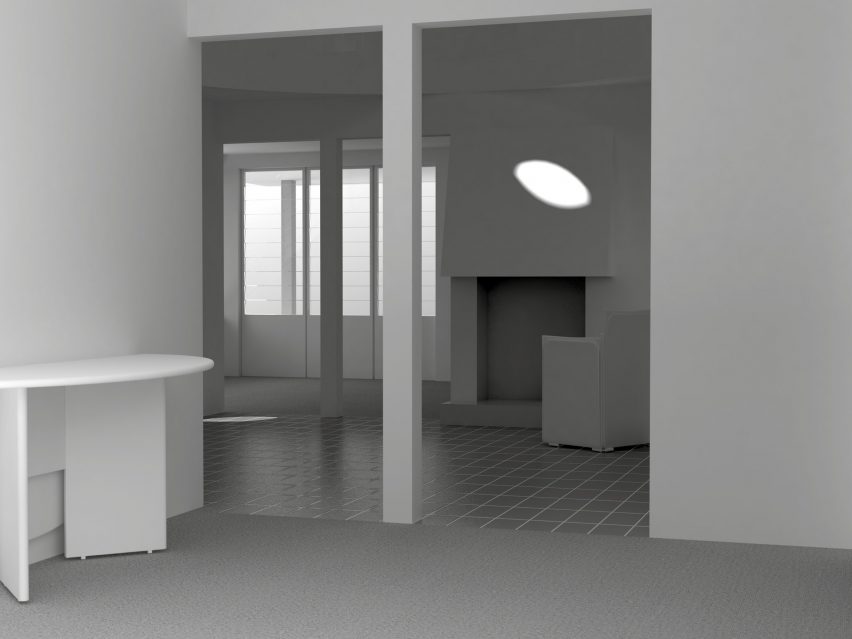
"At a time when Britain is estranged from its European neighbours, we must find new ways to work together," said Self.
"You can't hope to change society as a single person – it's not possible, you have to work collectively," he told Dezeen. "And therefore what you have to do is to be easily imitated and improved on by architects and other people as well."
Architects need to copy and be copied
Self believes architects must ignore the stigma attached to copying. He believes copying the work of others is essential to the progression of housing.
"It's useless if you just make one everyday house; it has to be something that can be easily copied," he said.
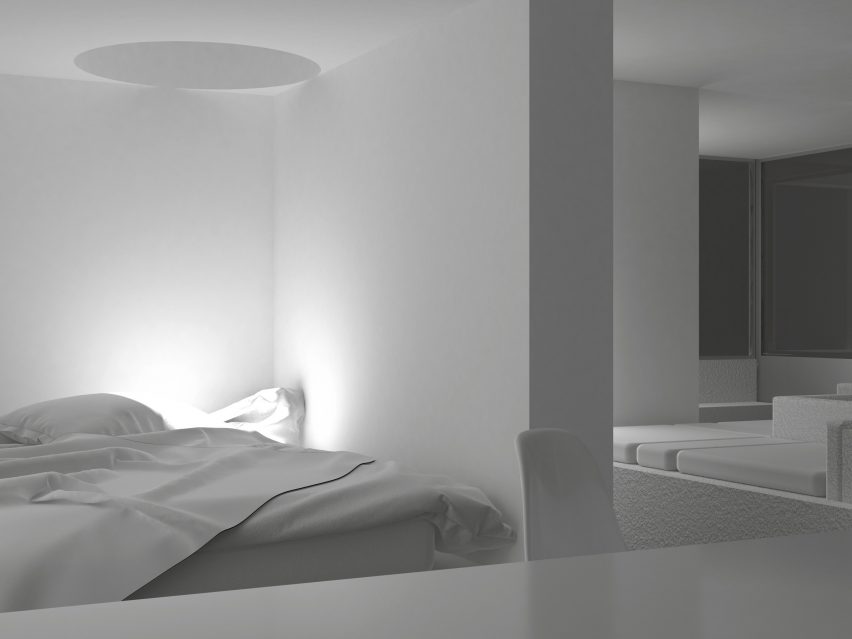
"Architects copy anyway," he continued. "Architecture is a discipline, almost entirely founded on the idea of copying."
"Every single university tutorial that has ever been given in the sphere of architecture has involved one architect saying, 'have you looked at this project?' The point is not just to formally copy, but to copy the ideas present in that form of design."
Designing a new ordinary
REAL Foundation and Fosbury Architecture have together produced a report detailing their findings from Mean Home, as well as four scale models of their visions for average homes.
For the exhibition, which was curated with help from Adam Nathaniel Furman, these models were installed inside one of three large colourful volumes. Peepholes in the block offered visitors a series of one-point-perspective views of the mockup homes.
"It's a very simple exhibition," said Self.
"On the one hand, we were really trying to innovate at the level of exhibition, in how we should present architecture. And then on the other hand, we were insisting that architects should be thinking as much as possible about average and typical conditions."
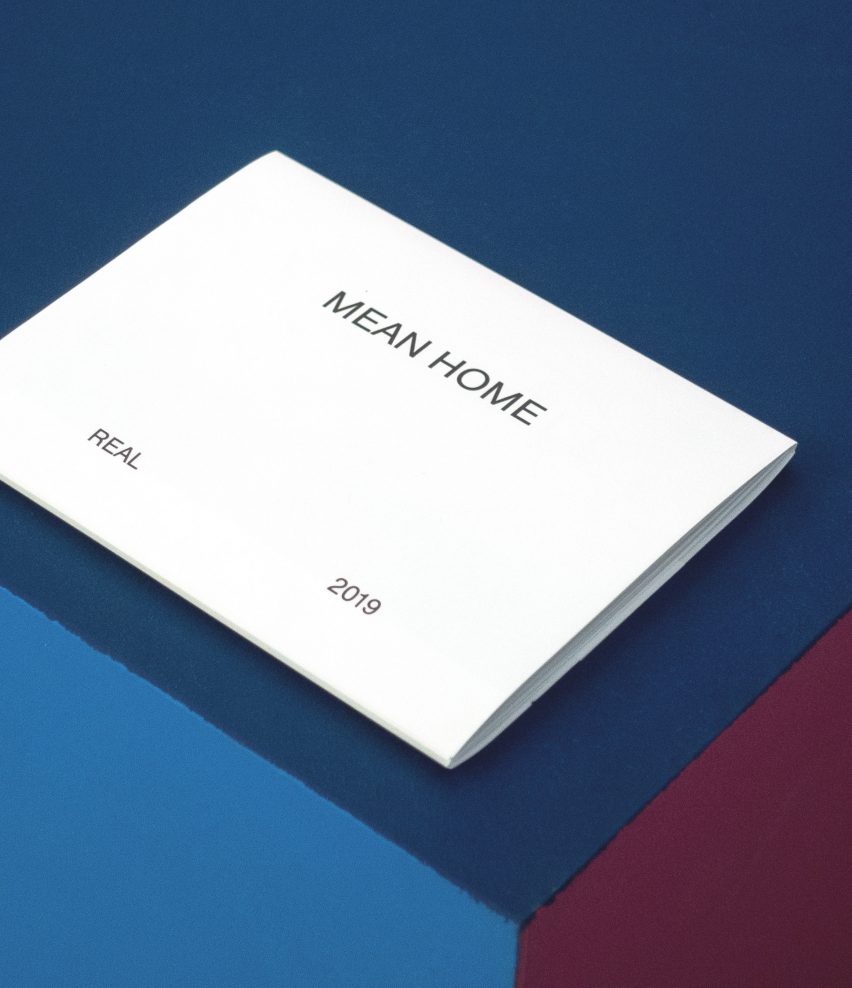
Self hopes the exhibition will help to provoke more discussion about the role architects can play in the future of housing.
"Architects have more power, if we can redesign very basic things," he concluded. "If you can change how we design everyday objects and everyday buildings, you can have a huge impact on the things which are important, things like economic and gender equality, environmental sustainability, and so on."
Mean Home was on show at the British School at Rome from 9 to 30 May 2019.